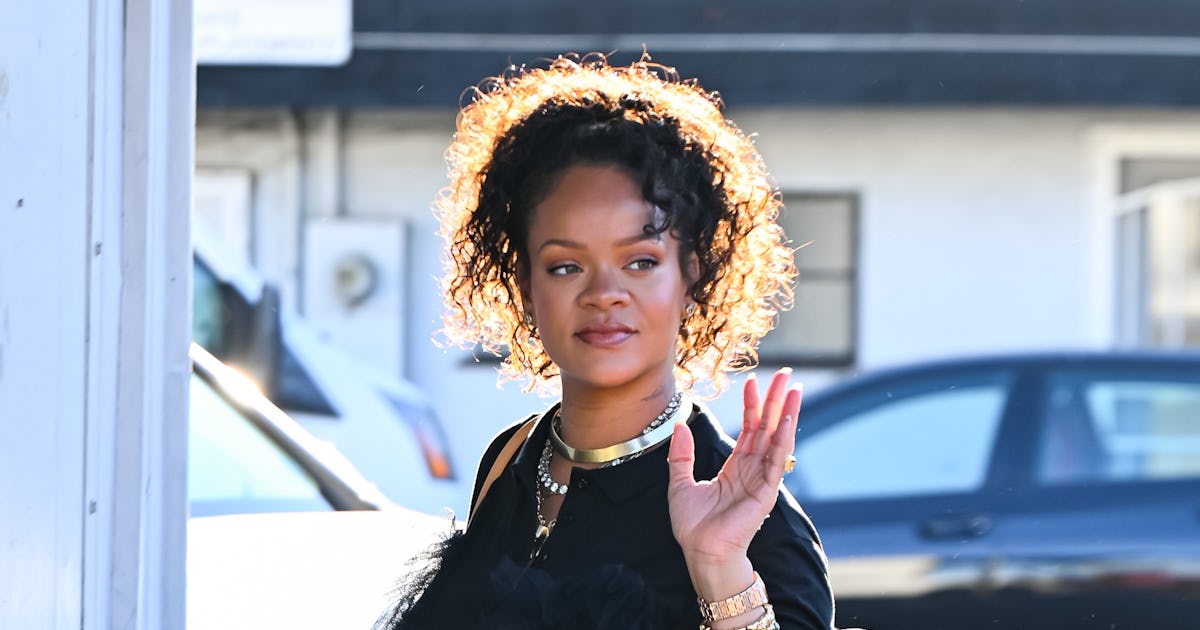
Tapestry Inc.’s world has been growing smaller — the company gave up on buying Michael Kors last year and agreed to sell Stuart Weitzman in February — but the Coach parent is also leaner and meaner for the trade war.
The New York-based handbag specialist reported that fiscal third-quarter sales grew by 7 percent, with Coach up 13 percent to $1.29 billion and Kate Spade down 13 percent to $244.9 million. Net profits increased 45.8 percent to $203.3 million.
Despite the forced pivot away from buying Kors last year and a promise to not buy any other brands until Kate Spade is turned around, Tapestry has emerged as something of a safer harbor in the trade war.
Alex Straton, an analyst at Morgan Stanley, upgraded the company’s stock to overweight from equal-weight and said its “tariff resilience and brand momentum should be particularly advantageous in this backdrop.”
Straton had been more cautious on Tapestry at the start of the year, citing in part limited visibility to sales growth and the risk of a multibrand portfolio. But now both of those factors have “evolved more positively,” he said.
While tariffs under U.S. President Donald Trump’s trade war have been vexing just about the entire fashion industry, the analyst described Tapestry as relatively resilient. He pointed to the company’s limited exposure to China (where under 10 percent of its goods are made), its international business, high starting operating margin, pricing power and wholesale exposure.
Still, Straton said Kate Spade has a “long road” ahead in its turnaround and that he was “skeptical of multibrand portfolios” given their complexity and that “intrabrand growth/profitability divergences can come with a valuation discount compared to monobrand businesses.”
Other analysts are taking a more cautious stance.
TD Securities’ Oliver Chen rates the company’s stock at hold and pointed to a long list of things Coach needs to do to drive sustainable growth, including:
- productivity growth based on products outside of bags, like footwear;
- the amplification of “bag platforms” to foster new Tabby-like successes;
- using brand heat to overcome flat to negative handbag sector trends;
- spending on marketing to bring in new customers and keep existing customers, and
- investing in second- and third-tier markets in China.
Chen also described Kate Spade as a “work in progress” that “needs to develop new icons and bag families.”
“This brand needs to stand for color, empowerment, authenticity and playfulness and not try to be too elevated relative to the customer profile,” he said. “We believe this is a time when Kate Spade should be doing better given the backdrop of customers gravitating toward nostalgia and joyfulness.”
#Tapestry #Strengthens #Trade #War #Kate #Spade #Struggles






